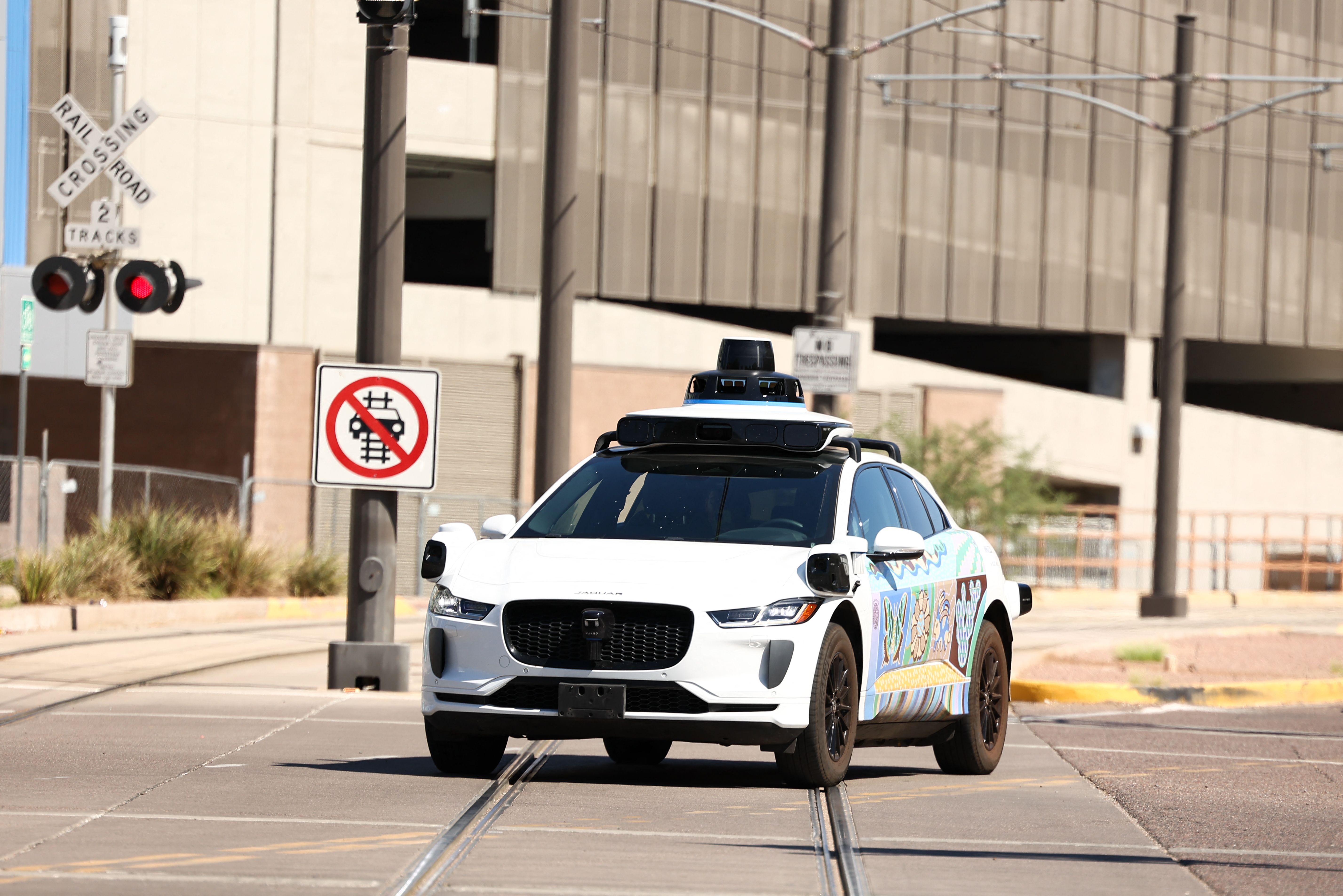DoorDash just shook up the delivery game with a new partnership that brings Waymo's driverless Jaguar SUVs into Phoenix's food delivery fleet. Starting with DashMart orders, customers will soon unlock robotaxis to grab their groceries from the trunk - no human driver required. It's the latest move in the gig economy's push toward full automation.
DoorDash customers in Phoenix are about to experience something straight out of a sci-fi movie. The delivery giant announced today it's teaming up with Waymo to bring fully autonomous vehicles into its delivery network, marking another aggressive push by gig economy companies to reduce their dependence on human workers.
The partnership starts with Waymo's driverless Jaguar SUVs handling orders from DoorDash's DashMart stores in Phoenix, with plans to expand to restaurants and other retailers over time. When a robotaxi arrives with your order, you'll use the DoorDash app to pop open the trunk and grab your stuff - no tip required, no small talk about the weather.
This isn't DoorDash's first rodeo with robot deliveries. Just last month, the company unveiled its own sidewalk delivery robot called Dot, also piloting in Phoenix. The company's also working with Serve Robotics in Los Angeles and other sidewalk robot operators. Even Uber Eats is doubling down on robotic delivery partnerships.
But Waymo's vehicles represent a different beast entirely. Unlike sidewalk robots that crawl along at walking speed, these road-going autonomous vehicles can theoretically zip through traffic to deliver orders faster - assuming Phoenix traffic cooperates. The technology behind these vehicles has been years in the making, with Google's self-driving car project evolving into Waymo and now operating commercial robotaxi services.
The customer experience will be notably different from traditional delivery. No more drivers trudging up four flights of stairs or ringing your doorbell. Everything happens through the app, and you'll need to walk down to street level to meet your robotic delivery driver. It's a trade-off that other autonomous delivery companies have tested with .






